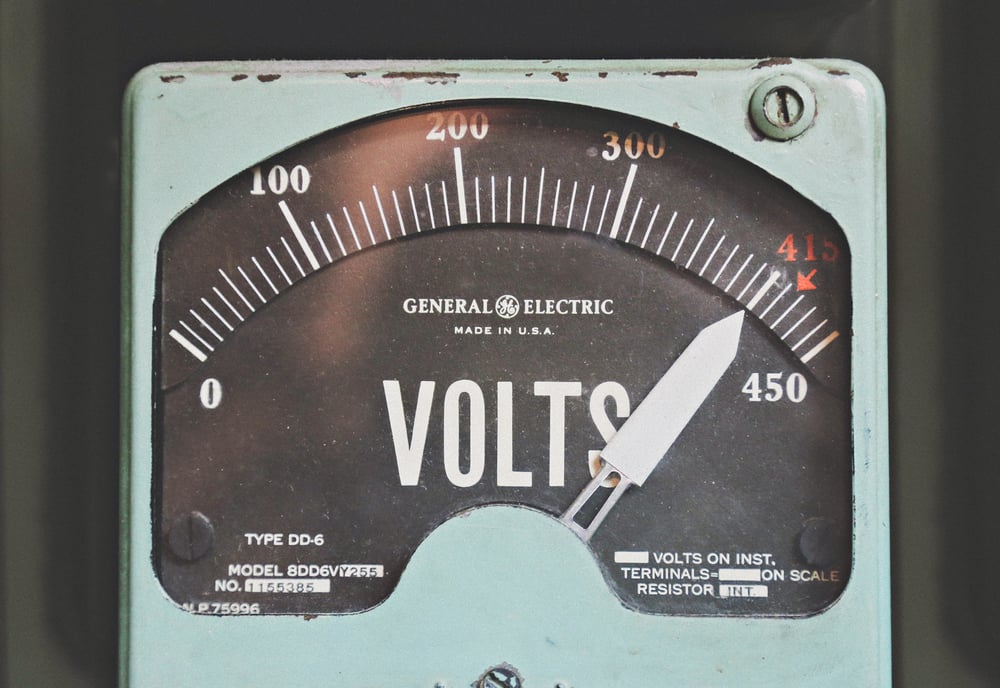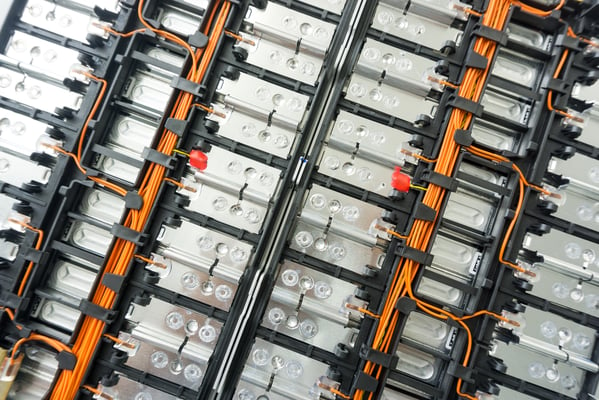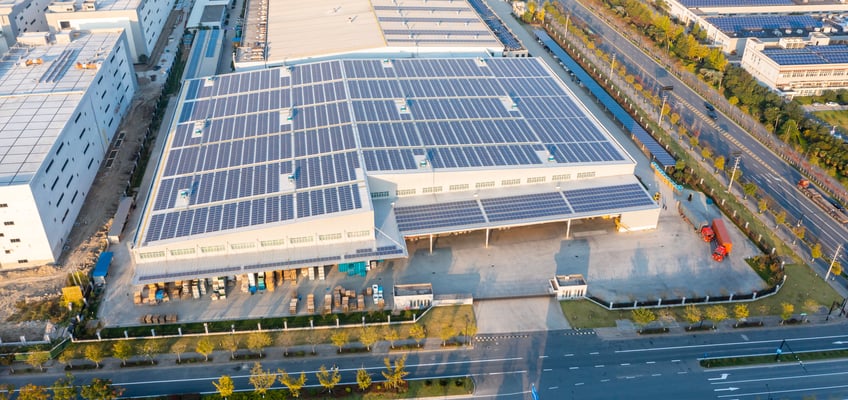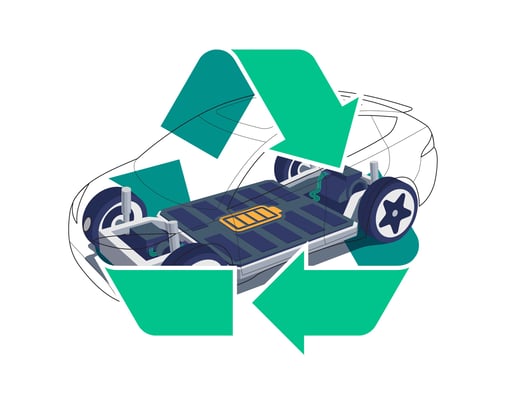
When will batteries replace diesel generators?
Diesel generators are used as backup power in places where power outages will have grave consequences, such as hospitals. Also, shops, buildings, and even some homes have diesel generators for backup.
A source of pollution
Historically, diesel generators have been the only way to secure the energy needed when power outages have occurred. Especially in hospitals, shops with freezers and buildings with critical society functions have secured their need for stable energy access with backup generators that kick in if and when a power outage happens.
The problem with diesel generators is that they are a source of CO2 emissions, polluting the air and the environment, as they run on diesel to create power. Also, they contribute to sound pollution, as they are very noisy.
Times are changing, and the need for reducing CO2 emissions is ever-growing. Soon, generators may very well be forbidden.
Luckily, a solution to this problem can provide an alternative energy source when outages happen.
Strengths and weaknesses of the grid
The electricity grid, the way it is today, was built in the 60s and 70s. It’s getting old, and the different components are getting old. Initially, power was a one-way transaction, coming from one plant to go into buildings and houses, and electricity was mainly used for lighting and heating. No longer being a one-way transaction, more and more commercial buildings are getting solar panels on their rooftops, feeding excess production into the grid.
Electricity consumption in a single moment is called power consumption and is, according to NVE (Norges Vassdrags- og Energiverk), growing faster than the annual electricity consumption. This development comes from using power-consuming devices like water boilers, induction top stoves, and charging EV cars. As the grid is not dimensioned for this kind of energy consumption, it may lead to overheating in old power station components or other types of breakdown of old equipment not dimensioned for dealing with the new peak demands in the grid.
Today, there is a development towards a smart grid where everything is connected. Big data regarding the production and consumption of power can be collected, analyzed, and used. Also, the pricing system has changed to encourage consumers to spread their use of power-demanding appliances to other times of the day than at peak-demand times. The future grid will secure energy stability. Ideally, the connected grid will be able to reroute power to the affected areas.
Challenges with a smart grid
Connecting the grid and its components in the way of a smart grid can provide energy security in new ways. Still, it also comes with unknown risks in the form of challenges regarding cyber security, hacking and hostile takeover, and technical errors.
These vulnerabilities in the smart grid could lead to power outages over prolonged periods.
A suggested alternative to replace diesel generators
Power backup will be just as necessary in the future as in the past, but diesel generators ought to be a last-resort option, as they pollute the environment both with noise and CO2.
BESS (battery energy storage systems) can be installed as an alternative, clean energy source. BESS is entirely silent and can secure energy for long periods in case of power failure. This is also a future-proof alternative, as diesel generators may soon become forbidden.
Scaling the system to a facility's specific requirements is no problem, as the battery modules can be coupled together and scaled to the correct size needed.




